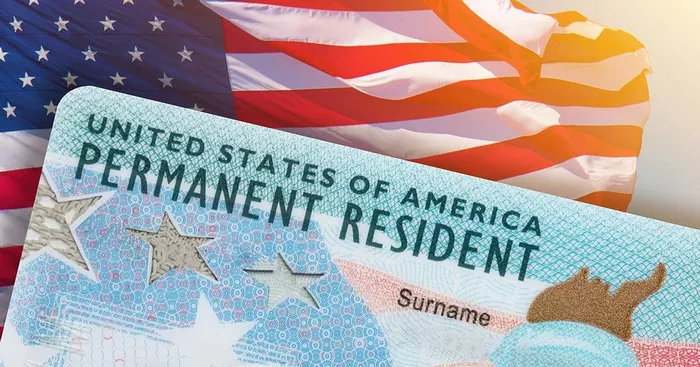Obtaining residency through marriage is a common pathway for individuals seeking to establish permanent legal status in a new country. While the process can vary significantly depending on the country and specific circumstances, understanding the general timeline and requirements is crucial for those embarking on this journey. This article aims to provide a detailed exploration of how long it typically takes to obtain residency through marriage, outlining key factors, steps involved, and potential challenges along the way.
Understanding Residency Through Marriage
Residency through marriage, often referred to as spousal sponsorship or family-based immigration, allows a foreign national to obtain legal residency status based on their marriage to a citizen or permanent resident of the country where they wish to reside. This process is designed to facilitate family reunification and support stable relationships by enabling spouses to live together permanently.
The specific requirements and procedures for obtaining residency through marriage can vary widely between countries. Each country has its own immigration laws, eligibility criteria, and processing times, which applicants must navigate carefully. Generally, the process involves proving the authenticity of the marital relationship and demonstrating that it meets the legal requirements for sponsorship.
Factors Affecting the Timeline
Several factors can influence how long it takes to obtain residency through marriage:
Country of Residency: The immigration laws and procedures vary significantly from country to country. Some countries have streamlined processes for spousal sponsorship, while others may have lengthy waiting periods or quotas.
Type of Application: The type of residency application (e.g., temporary vs. permanent residency) can impact processing times. Temporary residency may be granted initially, with an opportunity to apply for permanent residency after a specified period.
Documentation and Evidence: The time taken to gather and submit required documentation, such as marriage certificates, proof of cohabitation, and financial support, can affect processing times. Incomplete or inaccurate documentation may result in delays or rejection.
Backlogs and Processing Times: Immigration authorities often have specific timelines for processing applications. Backlogs and administrative delays can extend the overall processing time, especially in countries with high volumes of immigration applications.
Interviews and Investigations: Some countries require interviews with both spouses to assess the authenticity of the marriage. Background checks and investigations into the relationship may also contribute to the overall processing timeline.
Typical Steps in the Process
While the specific steps may vary, the general process of obtaining residency through marriage often includes the following stages:
Preparation and Documentation: Gather necessary documents, such as marriage certificates, passports, proof of identity, and evidence of the marital relationship (e.g., photos, joint financial documents).
Submission of Application: Complete and submit the application form along with supporting documents to the immigration authorities. Pay any required fees at this stage.
Interview or Biometrics: Attend interviews or biometric appointments as required by the immigration authorities. These may be scheduled to verify identities and assess the genuineness of the marriage.
Processing and Review: Wait for the immigration authorities to process the application. This stage involves background checks, verification of documents, and assessment of eligibility.
Decision and Notification: Receive a decision on the application. If approved, the applicant may receive temporary or permanent residency status, depending on the country’s regulations.
Residency Conditions: Comply with any conditions attached to the residency status, such as maintaining the marital relationship or meeting residency requirements.
SEE ALSO: IMMIGRATION TIMELINE: APPROVAL AFTER CITIZENSHIP TEST
Challenges and Considerations
While obtaining residency through marriage can be a straightforward process for some couples, others may encounter challenges or complications:
Documentary Requirements: Strict documentary requirements may pose challenges, especially if documents are missing or difficult to obtain from certain countries.
Language and Cultural Differences: Communication barriers or cultural differences between spouses and immigration authorities can sometimes complicate the process.
Legal and Financial Implications: Understanding the legal and financial implications of residency through marriage, such as tax obligations or employment restrictions, is crucial for applicants.
Changes in Circumstances: Changes in marital status or personal circumstances during the application process may require additional documentation or updates to the application.
Appeals and Redress: In cases of application denial or delays, spouses may have the right to appeal decisions or seek redress through legal channels.
Conclusion
In conclusion, while the timeline for obtaining residency through marriage can vary significantly depending on numerous factors, careful preparation and understanding of the process are essential. By navigating through the steps outlined in this article and being aware of potential challenges, spouses can increase their chances of successfully securing legal residency status in their new country. Whether it takes months or years, the ultimate goal remains the same: to build a stable and secure future together based on a legally recognized marital relationship.


